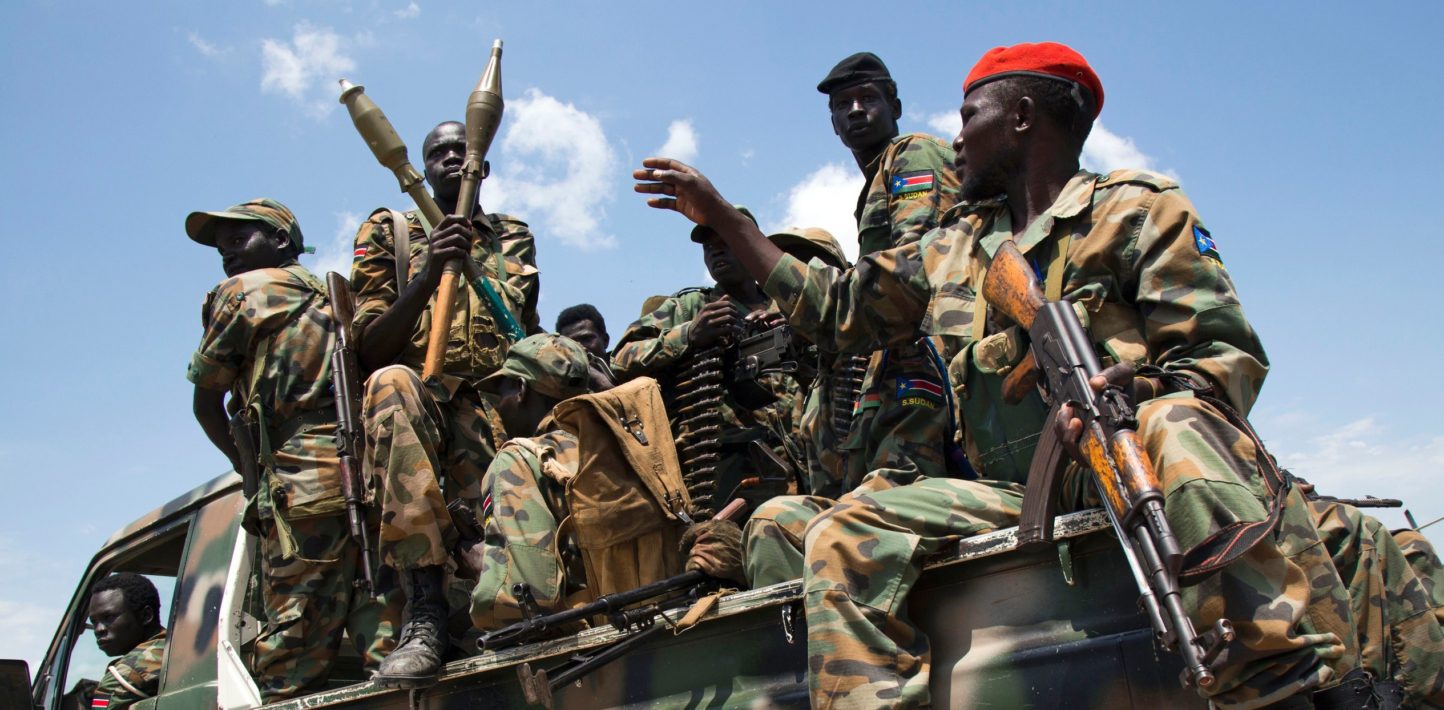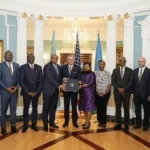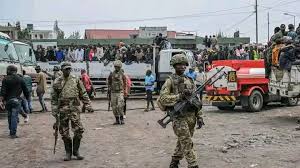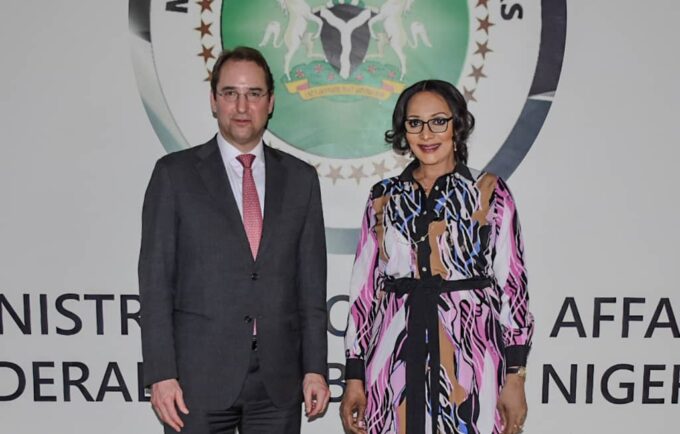South Sudan has launched a landmark military tribunal in Wau, capital of Western Bahr El Ghazal state, aimed at prosecuting members of the South Sudan People’s Defense Forces (SSPDF) accused of serious crimes including rape, murder, and gross misconduct. The court martial, widely seen as a milestone in the country’s efforts to restore accountability and discipline in its armed forces, marks a bold step toward justice, especially in areas where access to legal recourse has historically been limited.
General Sten Kamilo Mboro, President of the SSPDF General Court Martial, opened the proceedings by declaring the military’s renewed commitment to rule of law and internal accountability. “There will be accountability, and this accountability applies to anyone who has committed an offence,” he said. “We are holding perpetrators accountable. They will behave according to the Government’s rules.” His remarks reflect growing national and international pressure on South Sudan to address the longstanding issue of impunity within its security institutions.
The court is expected to hear 28 cases, including 15 involving violent crimes such as rape, murder, and other serious violations against civilians during military operations or deployments. The tribunal has drawn praise from civil society organizations and victims’ rights groups who have long called for stronger judicial action against erring soldiers. The initiative comes amid a broader national push to reform South Sudan’s fragile security sector, a critical requirement under the Revitalized Agreement on the Resolution of Conflict in the Republic of South Sudan (R-ARCSS).
Louiza Wilson, a leading victims’ rights advocate, emphasized the importance of ensuring survivors are not retraumatized during the judicial process. “The task is to represent the victim from the start of the proceedings to the final verdict. You also provide them with legal protection, as they might be fearful of speaking out or that something might happen to them afterwards,” she noted. Victim and witness protection remains one of the major challenges in delivering justice in post-conflict areas of South Sudan, especially for survivors of gender-based violence.
The United Nations Mission in South Sudan (UNMISS) has pledged technical and logistical support for the court, including legal training and trial monitoring. UNMISS officials say the tribunal represents an opportunity to set a legal precedent that strengthens trust in state institutions and improves the country’s human rights record. The court is part of a comprehensive package of justice and accountability mechanisms envisioned in the peace agreement, including the long-delayed establishment of the Hybrid Court for South Sudan.
In a bid to further involve affected communities and improve public understanding of military justice, a civilian-military dialogue is scheduled for July 6. The event will serve as a platform for community leaders, survivors, military officials, and legal experts to engage in justice, truth-telling, and reconciliation processes. Organizers hope it will help close the trust gap between security forces and local populations, especially in rural and marginalized areas.
South Sudan remains one of the most fragile nations in the world, emerging from years of civil conflict that displaced over 4 million people and left a legacy of violence, trauma, and impunity. Despite the 2018 peace agreement, sporadic violence, intercommunal clashes, and abuses by armed actors continue to threaten peace and development efforts.
The success of the military court in Wau is being closely watched both domestically and internationally. Analysts say it could become a blueprint for similar judicial interventions in other regions of South Sudan, potentially serving as a cornerstone for long-term military reform and civilian protection. For a country struggling to rebuild trust in its institutions, this initiative may represent one of the clearest signals yet that South Sudan is taking tangible steps toward justice, accountability, and the rule of law.














Leave a comment